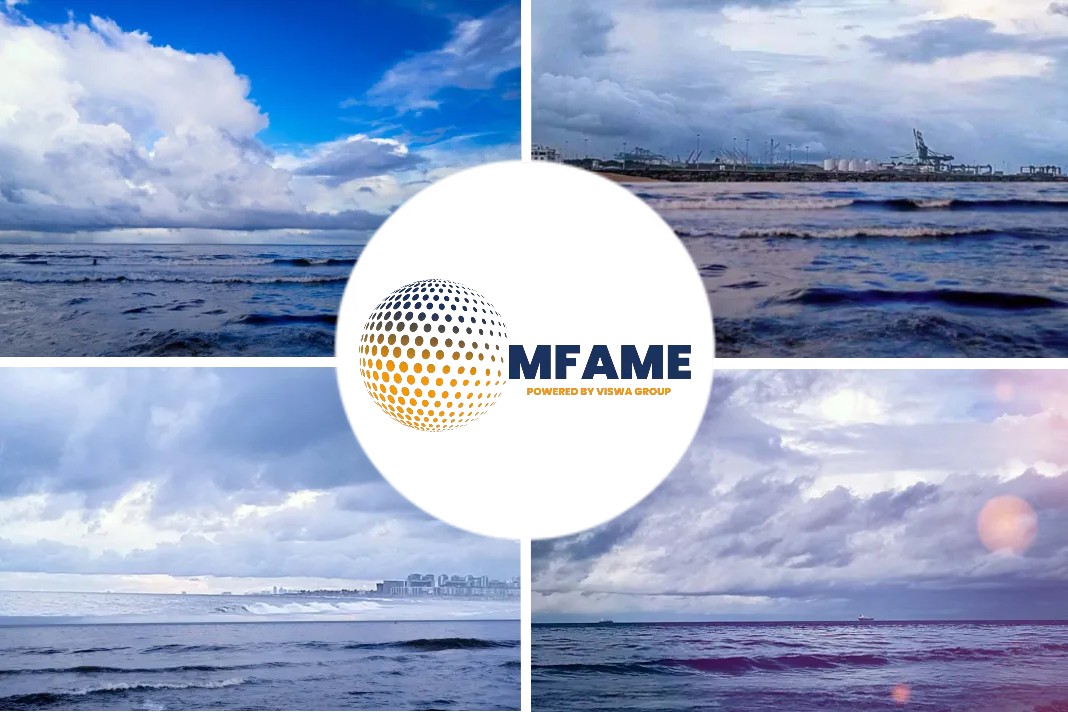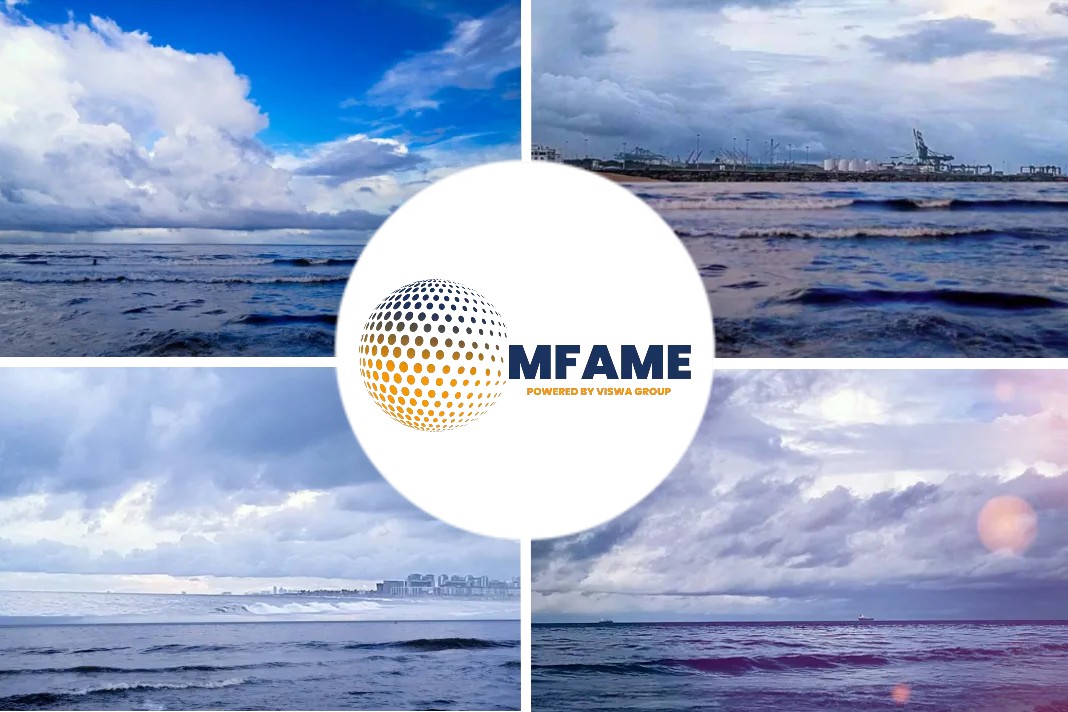- ABB has delivered an approach to reducing marine emissions.
- It was delivered in the US House of Representatives Committee on Transportation and Infrastructure.
- The approach plans to assess current and future technologies for zero-emission vessel operations.
- ABB urges policymakers to adopt sound climate policies and to achieve a 50 percent reduction in emissions by 2050.
- Also to encourage innovation and create secure investment conditions.
- ABB’s target is to reduce its GHG emissions by 40 percent by 2020 from a 2013 baseline.
ABB Marine & Ports delivered testimony in the US House of Representatives Committee on Transportation and Infrastructure about the future of marine technologies, says a press release published on their website.
Commitment to climate change
ABB Marine & Ports presented a comprehensive approach to reducing marine emissions at a hearing in front of the Subcommittee on Coast Guard and Maritime Transportation.
The hearing on “The Path to a Carbon-Free Maritime Industry: Investments and Innovation” assessed current and future technologies for zero-emission vessel operations.
What is congressional hearing?
A Congressional hearing is a key method by which US Congressional committees collect and analyze the information as part of their legislative function. The House Committee on Transportation and Infrastructure has jurisdiction over many modes of transportation in the US, including surface and maritime transportation.
Commercially viable solutions
As the sole original equipment manufacturer (OEM) to testify at the hearing, it presented an extensive overview of proven technologies that are commercially available today to reduce marine emissions, as well as shared recommendations for driving the shift to sustainable shipping and further developing solutions for enabling this transition.
“It is a great honor to be invited to testify before the Subcommittee,” said Peter Bryn, Technical Solutions Manager, North America, who has presented at the hearing. “ABB encourages the Subcommittee to set an ambitious, long-term national plan to achieve zero emissions for all vessels under its operation, as well as support the growth of the sustainable maritime industry. We are pleased to be a resource to the Subcommittee in developing a strategy to seek cost-effective solutions.”
Focus on sustainable transportation
Sustainable transportation has a crucial role in the fight against climate change, with shipping accounting for 2 to 3 percent of the world’s total greenhouse gas emissions. The International Maritime Organization, a United Nations agency responsible for regulating shipping, has set a global target to cut annual emissions by at least 50 percent by 2050 from 2008 levels.
“The marine industry in the midst of a transition towards low and zero-emissions technologies. Electric, digital and connected solutions are already transforming today’s shipping, and there will be a variety of solutions to suit different vessel types and operational profiles for reducing marine emissions,” said Juha Koskela, Managing Director, ABB Marine & Ports.
Policies must focus on sustainable targets
Testifying at the hearing, Peter Bryn added: “Policies should focus on setting sustainability targets for shipping, allowing the industry to assemble the best technologies and solutions for enabling emission reduction, and provide support to the marine industry as it meets those targets.”
ABB’s achievements
- ABB has become one of the world’s leading enablers of sustainable transportation for all modes, including marine vessels.
- ABB’s proven solutions for sustainable marine transportation are being used around the world.
- The first all-electric vessels ever built in the US – the Niagara Falls tour operator Maid of the Mist tour boats – will start operation, powered by ABB’s zero-emission technology.
- As a company with around 9,000 technologists that is set to invest around $23 billion in innovation between the signing of the Paris Agreement and 2030.
Did you subscribe to our daily newsletter?
It’s Free! Click here to Subscribe!
Source: ABB



















![[Watch] The Maritime Standard Awards 2016!](https://mfame.guru/wp-content/uploads/2016/11/VOD-19-696x385.jpg)

